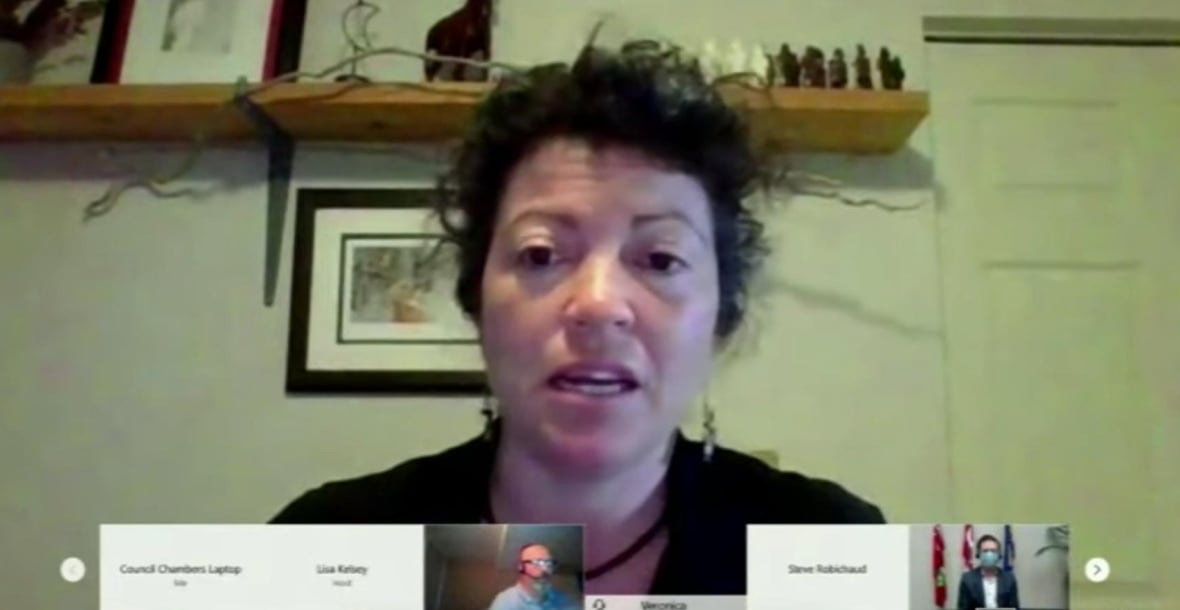CBC News: New rules will keep Hamilton units cleaner and safer for renters, city says
Posted March 23, 2021
Posted March 23, 2021
 Hamilton is beefing up its property standards bylaw so that landlords are responsible for more health and safety issues of their rental properties.
Hamilton is beefing up its property standards bylaw so that landlords are responsible for more health and safety issues of their rental properties.
City council’s planning committee told staff on Tuesday to amend the rules to cover gaps pointed out by tenant groups. Most of those deal with cleanliness and repairs.
Veronica Gonzalez, who chairs the Mountain chapter of tenants rights organization Hamilton ACORN, said renters live in substandard conditions across the city, even when those apartments are recently renovated.
Tenants, she said, feel powerless.
“When someone else owns your home, you don’t have much control, even if you have your rights to have a healthy home,” she said. “Repairs that are only bandaged don’t go away.”
Plans to add intercoms, cupboard repairs to standard
In January 2020, council told city staff to investigate apartment bylaws from other cities, and review how Hamilton could improve its own rules.
City staff looked at five other Ontario municipalities that have a post-secondary institution and are a similar size to Hamilton. While staff said in a report that the current bylaw “for the most part is solid and suitable,” it acknowledged several areas where it fell short.
Tenant groups, including Hamilton ACORN, pointed out these gaps, which include:
- Intercoms and security locking.
- Appliances being kept in good repair.
- Mail collection areas.
- Common area/hallways cleanliness.
- Garbage chutes being washed and disinfected.
- Ventilation systems being cleaned.
- Floors/walls having similar finishes upon repair.
- Cupboards/fixtures/faucets in good repair.
- Pest and vermin control.
Pending approval from city council, the city will change the bylaw to include most of those concerns, with the exception of pest control. The planning committee approved the changes unanimously, with one councillor abstaining.
Ken Leendertse, the city’s director of licensing and bylaw services, said while ants are included under property standards, the department is working with public health on a separate bylaw for pests, including mice and bed bugs.
“Good tenants deserve the peace of mind to have healthy and safe environments. And when they want those issues addressed, the tenants deserve not be ignored,” said Coun. Jason Farr (Ward 2), who moved the motion.
Hamilton residents and other ACORN members spoke to the committee about their experiences with apartments in disrepair.
Manuel Balandra described having water-damaged floors, bed bugs, and a broken intercom at his building, which he said means paramedics or police officers knock on his window to try and enter the property.
Kathy Johnson said that the “tenants in [her] building are terrified to speak up.”
Councillors say onus is on landlords
Dayna Sparkes, east Hamilton chair of the tenants rights group, said it’s imperative that the standard close loopholes for “renovictions” — when tenants are evicted under the guise of renovations and increased rental prices.
Sparkes said until now, bylaw officers have suggested people go to the Landlord and Tenant Board — but there’s a cost to file an application, the process is lengthy, and legal representation is costly.
Coun. John-Paul Danko (Ward 8) said landlords often blame tenants for not taking care of their spaces, it’s still a for-profit business, and landlords are responsible for maintenance.
“It really is unfortunate that as a municipality we have to take this step. But the fact is that these issues exist in the community, and they seem to be perhaps getting worse in some instances,” he said.
“Hopefully this will give some relief to tenants throughout the city.”
‘It’s their home’
At a press conference before Tuesday’s meeting, Gonzalez said it was important to “face solutions sooner than later” to make a better life for renters.
She stressed that renters are in their home spaces more often during the pandemic, and some are working from home.
There’s also a misconception, she said, that renting might be a temporary step to owning a place. Home ownership isn’t affordable for everyone, she said.
In a housing crisis, she said, tenants cannot afford to move.
“It’s their home, not just a rental unit,” Gonzalez said.
***
Article by Christine Rankin for CBC News
